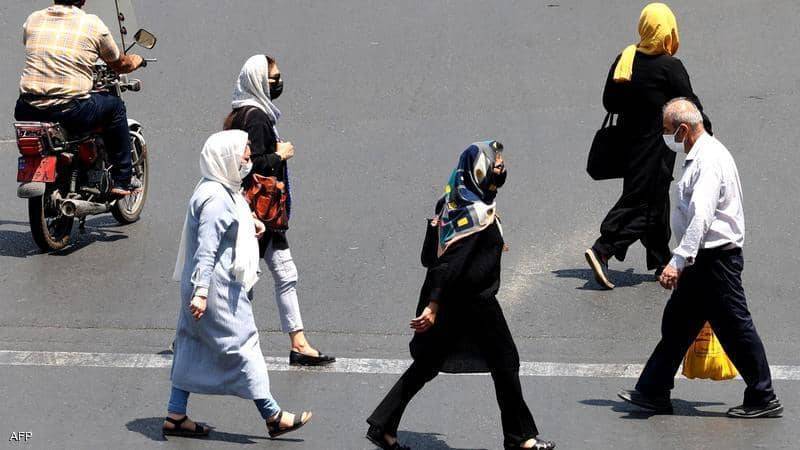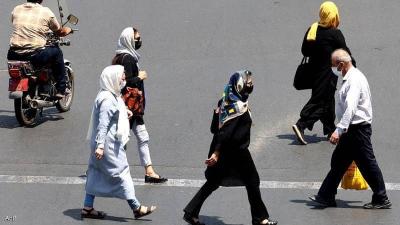Under the title "COVID-19 in Iran: A Record Unseen Before", Sky News reported that for the first time, the number of daily COVID-19 infections in Iran exceeded 30,000 on Monday, marking the second record high in less than a week, according to official figures. The Iranian Ministry of Health, the most affected country in the Middle East by the COVID-19 pandemic, announced 31,814 new infections in the past 24 hours, along with 322 deaths. Consequently, the official death toll from the pandemic in Iran has reached 89,122 out of 3,723,246 infections, noting that local officials have previously acknowledged that the official numbers remain below the actual figures.
The reported daily infection count on Monday is the highest in Iran since the first cases of COVID-19 were recorded in February 2020. This is the second time in less than a week that Iran has reported a record high in daily infections. The previous record was 27,444 infections, announced on July 20, while the record for daily deaths remains at 496, reported on April 26.
The new record for daily infections comes on a day when government offices and banks in Tehran and the neighboring Alborz province reopened after being closed for nearly a week in an effort to curb the recent surge in COVID-19 cases. Iranian President Hassan Rouhani warned at the beginning of July of a "fifth wave" of the pandemic in the country, attributing it mainly to the highly contagious Delta variant. He has also pointed out a decline in Iranians' adherence to preventive measures to limit the spread of the virus.
Since the onset of the COVID-19 pandemic, Iranian authorities have not imposed comprehensive lockdown measures similar to those implemented in many countries worldwide, attributing this to the difficult economic conditions primarily due to US sanctions. Iranian officials have complained about the impact of sanctions on the ability to import COVID-19 vaccines, particularly regarding the difficulties in carrying out the necessary financial transactions to obtain them.
The national vaccination campaign, which began in February, continues at a slower pace than anticipated. From a total population of approximately 83 million, around 8.1 million people have received one dose of a COVID-19 vaccine, while only 2.4 million people have received both doses.




